Without a doubt, this is one of the common questions I get asked. To find out whether vegetarians can eat cheese, let’s break down the ingredients that make cheese.
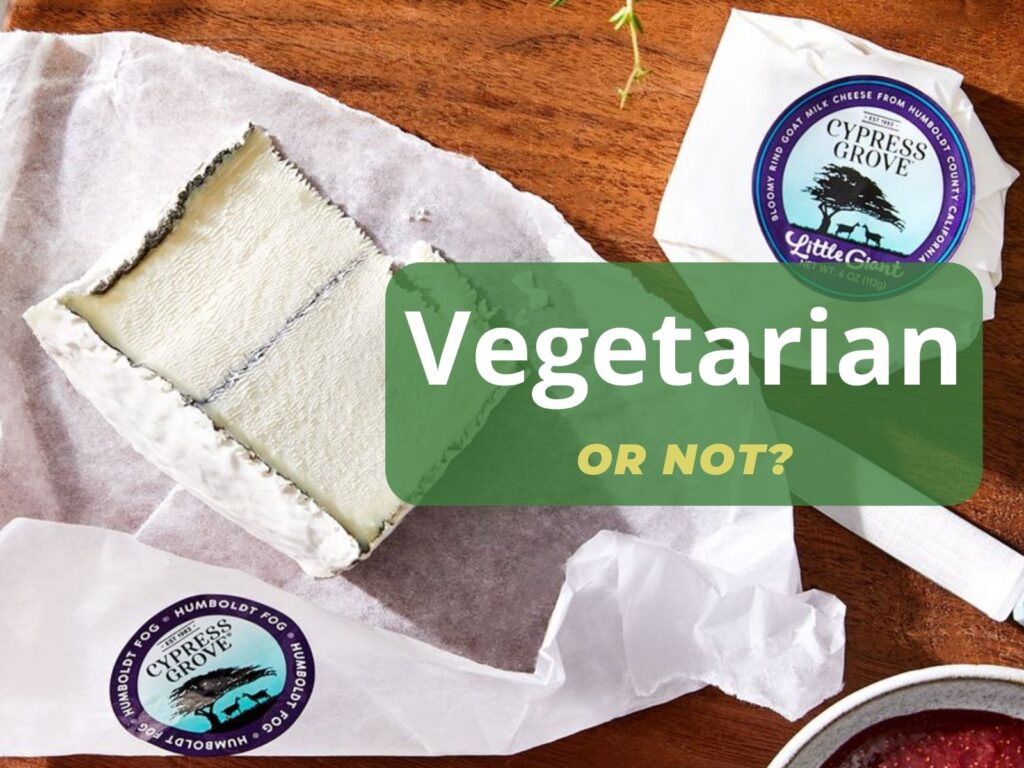
SEE ALSO: The Cheese Wanker’s complete guide to rennet in cheesemaking →
What do you need to make cheese?
Traditionally, it takes four ingredients to make cheese: milk, culture, salt and rennet. Milk, culture and salt are very clearly vegetarian-friendly (but not necessarily vegan-friendly). So, let’s talk about rennet.
Rennet is an enzyme that is used to coagulate milk. What does this mean? It turns milk into curds that then develop into the texture that we commonly associate with cheese. Traditionally, rennet has come from animal sources. However, more and more cheeses are now made with plant-based rennet. Some examples of such rennet include Cardoon Thistle, Nettle and Fig.
So, can vegetarians eat cheese?
Well, the short answer to this is: it depends on is the type of rennet used. And how strict the vegetarian is in their beliefs. So, let’s separate cheese into the following three rennet categories.
Animal rennet
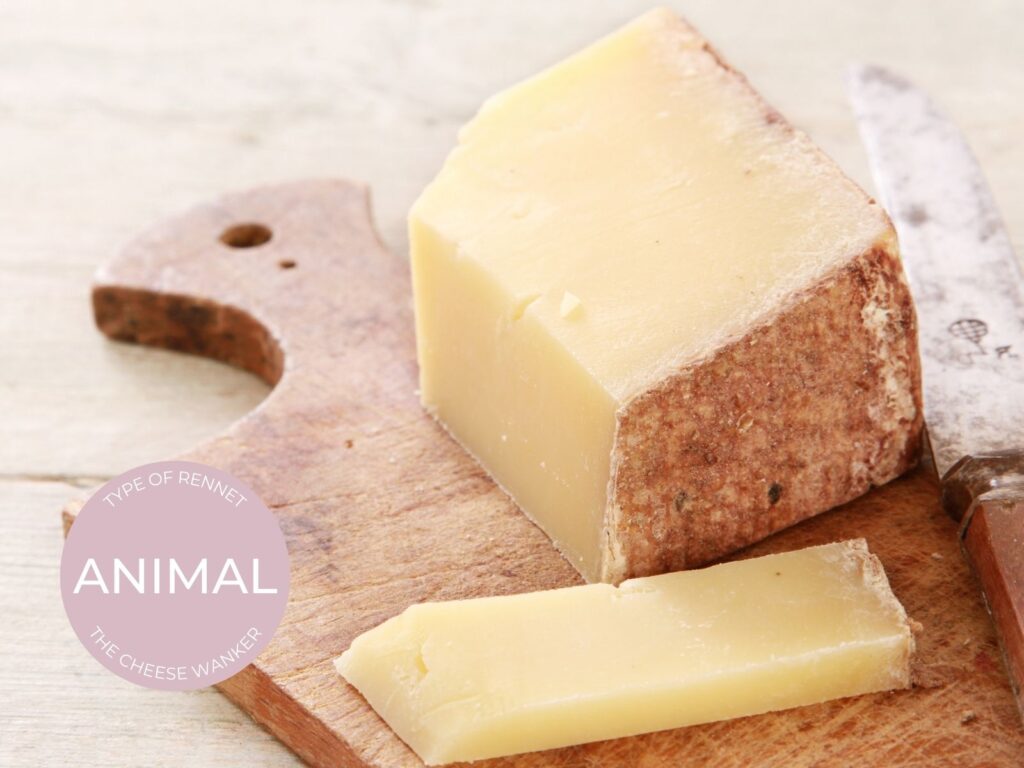
Unfortunately, the majority of traditional European cheeses are made using animal rennet. Some examples include cheeses such as Parmigiano Reggiano, Gruyère and Cheddar. Therefore, vegetarians can’t eat those types of cheeses.
Plant-based rennet
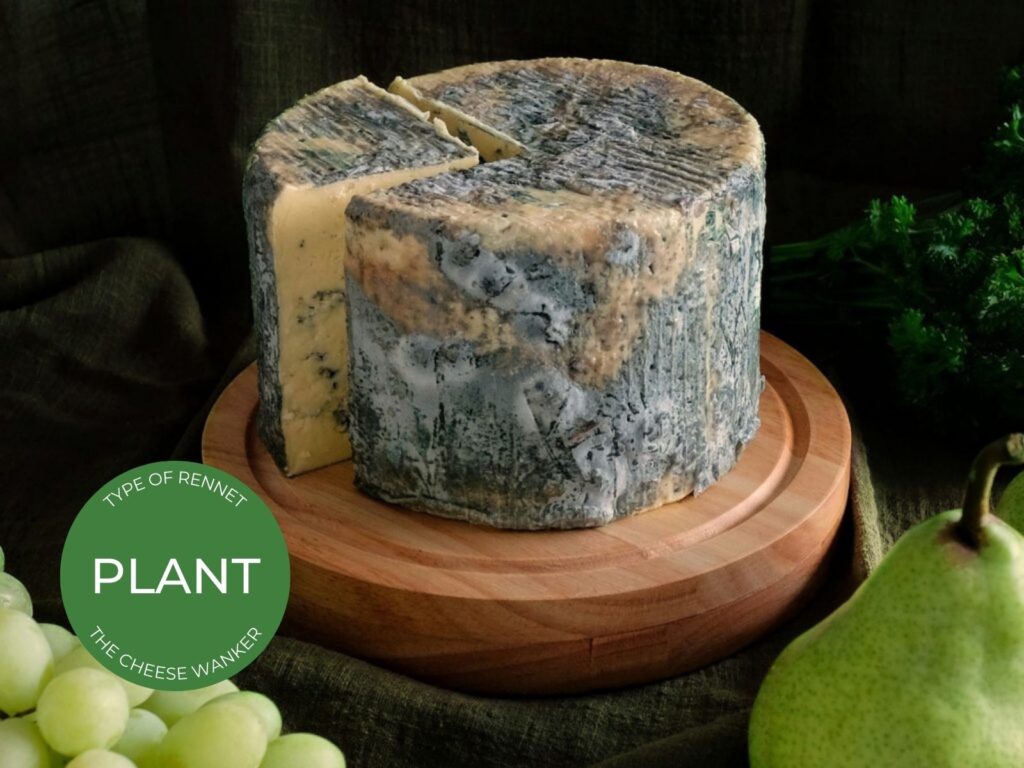
For reasons ranging from sustainability to religious beliefs, plant-based rennet is becoming more and more popular around the world. As a matter of fact, there are a number of fantastic cheeses from the Iberian Peninsula that are (and have always been) made with Cardoon Thistle rennet.
Some examples in this category include Torta del Casar (Spain) and Azeitão (Portugal). Of course, those cheeses are all suitable for a vegetarian diet. You can read more about the various plants that can be used to make rennet by clicking here.
Microbial rennet
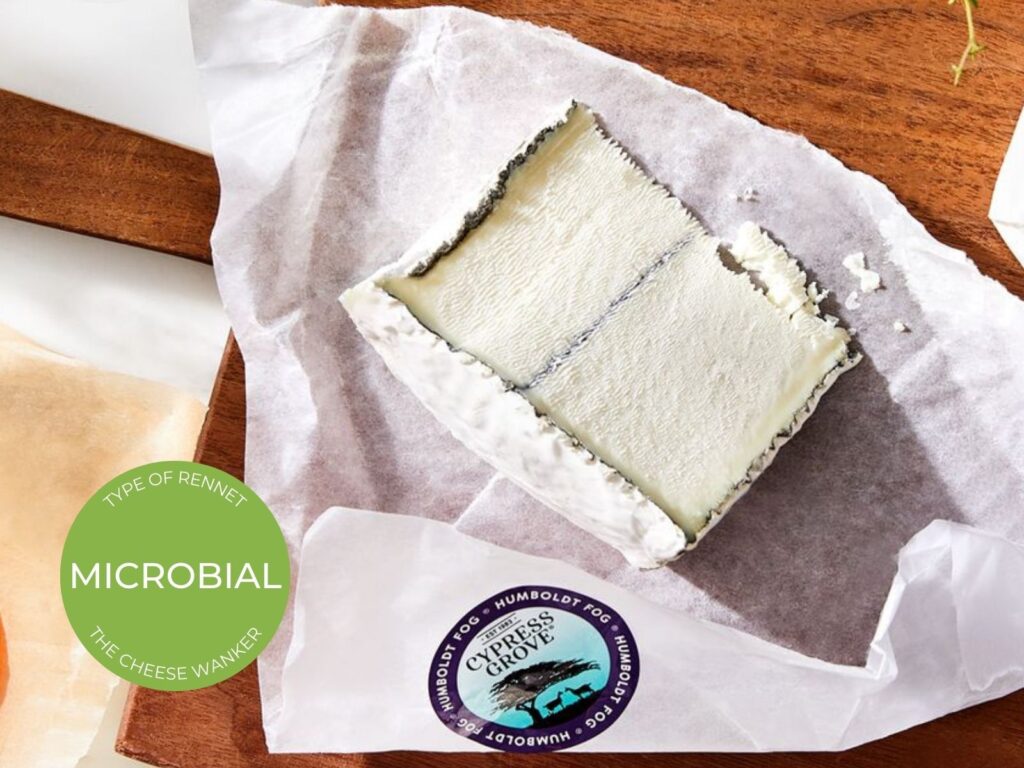
As for microbial rennet, the situation is a little bit more complicated. The reason for this is because the most commonly used microbial rennet in commercial cheesemaking is actually a genetically modified one called Fermentation Produced Chymosin (FPC). And most forms of FPC are made by splicing the genetic code of animal rennet into bacteria or fungi. Hence, some cheeses made with FPC might not be suitable for strict vegetarians.
Some great examples of cheese that fall in this category include Midnight Moon, Humboldt Fog and Rogue River Blue. Unless you are a vegetarian with very strict practices, these cheeses will all be safe for you to eat.
Conclusion: some cheeses are vegetarian
Thank you for reading our post on vegetarian cheeses. As you can see, it comes down to the rennet used in cheesemaking. Do you want to know whether your favourite cheese is vegetarian-friendly? Drop me a comment below.
You can read more about the best vegetarian-friendly commercial cheeses by clicking here.
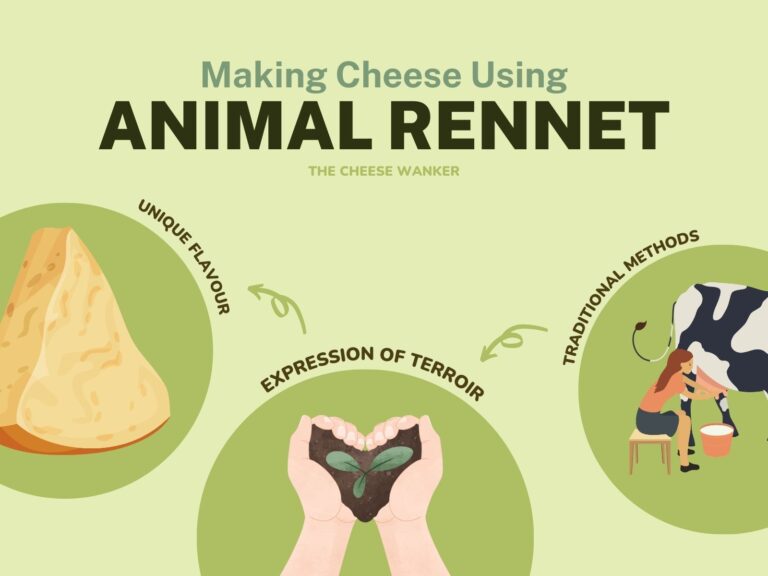
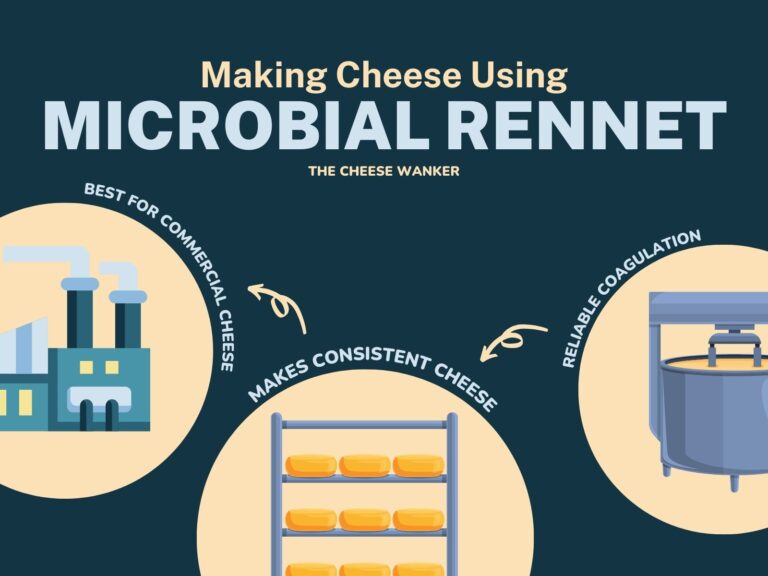
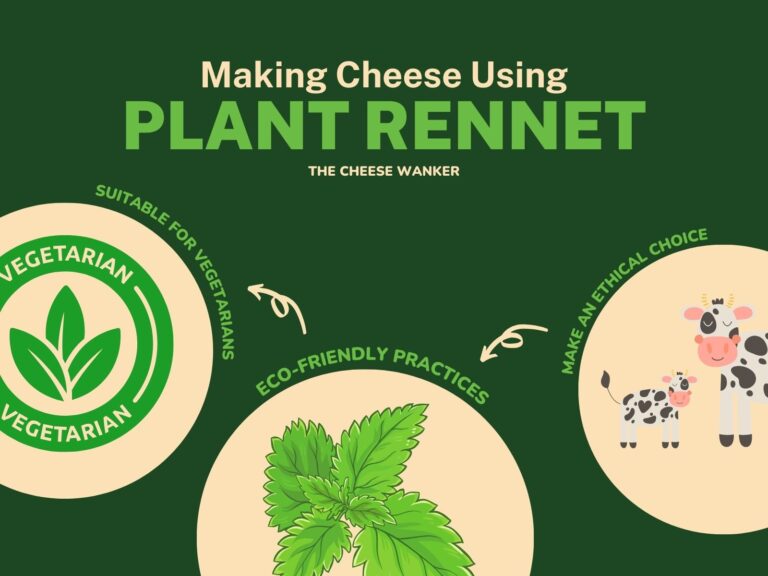
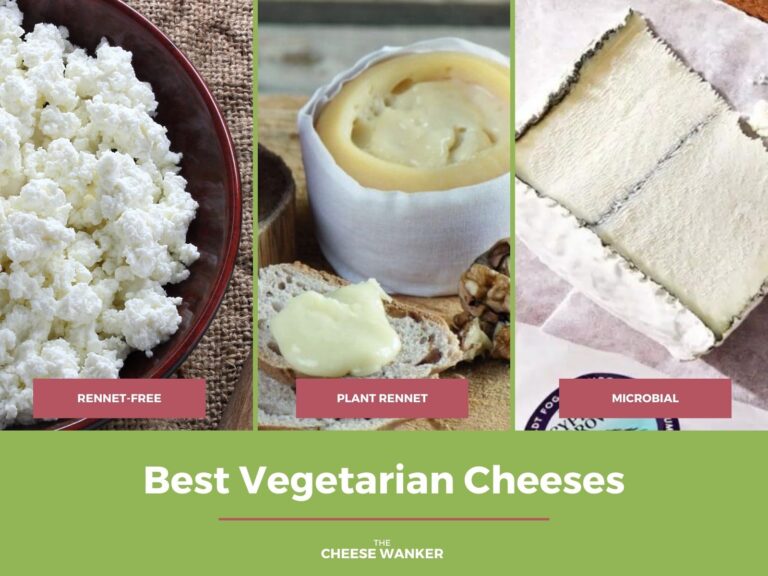
I grew watermelons, thistles and made run it from each; then I used the rennet to make cheese. Especially the feta cheese that I made from the watermelon in it was amazingly tasty. Unlike store bought that up, it was spreadable.
My grandfather was a dairy farmer and I have researched what happens to a cow that does not have its milk extracted from it. There are videos available for viewing, on YouTube.